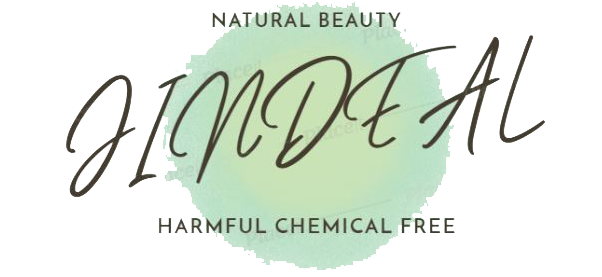Carrier Oils
How to use Rosehip Oil for Hyperpigmentation?
Even attractive people can have low self-esteem due to uneven completion and hyperpigmentation. Only Rosehip Seed Oil has therapeutic potential. Vitamins, such as vitamin A, fatty amino acids, and antioxidants, are abundant in rosehip oil.
One of the nutritional components that go into making vitamin A is retinoids. When used regularly, retinoids can reduce hyperpigmentation and other overt signs of premature aging. Rosehip oil contains both beta-carotene and lycopene. Rosehip oil as a carrier oil can effect the production of melanin to even out tone and reduce hyperpigmentation.

Benefits Of Rosehip Oil For Pigmentation
Rosehip oil is a rich source of fatty acids (omega 3, 6, and 9), antioxidants (such as vitamins A, C, and E), and other essential elements for glowing, healthy skin. In this article section, let’s look at rosehip oil’s advantages for pigmentation.
Treating Discoloration: Although rosehip oil has several benefits for the skin, it is most frequently used to lessen hyperpigmentation and even skin tone. A rise in melanin production brought on by skin damage, hormone changes, or sun exposure can make some skin regions darker, giving them an uneven, blotchy appearance.
Improves Skin’s Elasticity: Rosehip oil is crucial for skin firmness and suppleness. It is natural to produce less collagen as you age. Vitamin A, essential for creating collagen, is abundant in rosehip oil. Rosehip has also been demonstrated to lessen skin hyperpigmentation by preventing the body from producing MMP-1, an enzyme that destroys collagen.
Restores Sun-Damaged Skin: Rosehip oil can also be used on the skin to mitigate UV and sun damage. The oil slows down the skin-damaging enzymes that break down the skin’s collagen, which lessens UV damage. To avoid skin discoloration, rosehip seed oil also defends against skin oxidation.
Calm Inflammation: Rosehip oil has a lot of anthocyanin and polyphenols, which may help reduce inflammation. There is also vitamin E, an antioxidant with anti-inflammatory properties. In light of this, rosehip oil might calm irritation caused by rosacea. In addition, rosehip seed oil’s antioxidants, vitamins, and Omega fatty acids contribute to a clear complexion.
Skin Brightening: Rosehip oil contains both beta-carotene and lycopene. Because they are thought to have skin-lightening properties, these ingredients are frequently found in skin-lightening cosmetics. Due to the benefits of treating dark spots, it can help with complexion improvement. In addition, the oil’s astringent properties constrict your pores and give your skin a more youthful appearance.
How To Use Rosehip Oil For Hyperpigmentation?
Rosehip seed oil is high antioxidant content makes it a quick and efficient treatment for hyperpigmented skin and lips. In this article section, we’ll look at rosehip oil’s ability to alleviate hyperpigmentation.
Facial Oil: Cleanse and tone your face before applying rosehip seed oil. Don’t worry; it is safe for most skin types because it is a carrier oil. Massage your face properly by moving in circles. This oil is beneficial for all skin types but especially for people with pigmented skin. If you have congested skin, please avoid using rosehip seed oil.
Body Oil: After a shower, massage Rosehip Oil all over your damp body. After taking a shower and being damp, rub rosehip oil all over your body. This softens the knee/elbow region and aids in reducing body pigmentation and UV damage. For a better slide, you can mix rosehip seed oil in equal portions with other carrier oils like virgin coconut oil, golden jojoba oil, etc.
Lip Oil: Use rosehip seed oil regularly if you have dark or pigmented lips. Apply a few drops of this rosehip seed oil every night to your lips with a clean finger or cotton ball.
